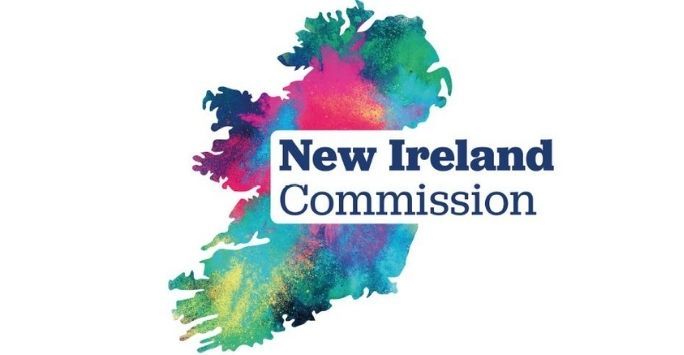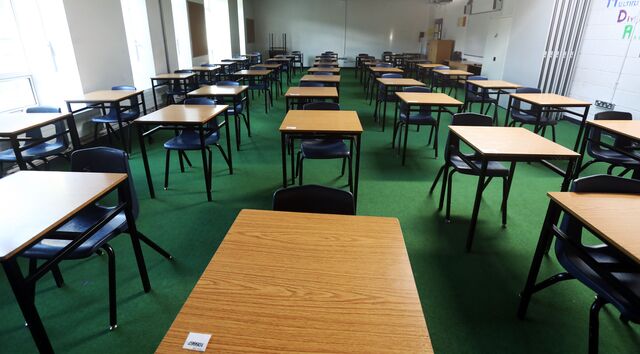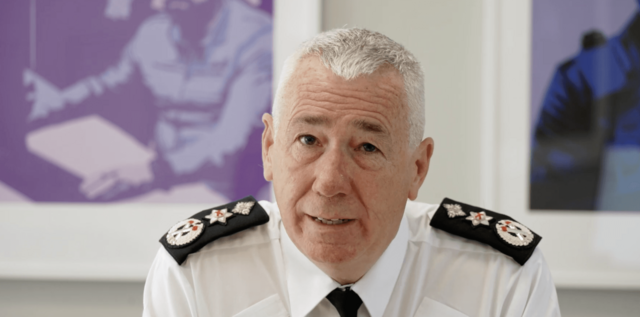THE introduction of the word 'reconciliation' to the debate on a United Ireland is, to say the least, interesting.
It is thirty years since the first European Union peace and reconciliation programme. It made investment in abandoned communities possible, following decades of neglect and political vetting by the British government. Very quickly, women’s groups, ex-prisoners’ groups and youth groups began to emerge from previously censored places and a necessary infrastructure for dialogue and empowerment began to be laid. Neither peace nor reconciliation can be forced, but long-term investment is necessary for their future potential.
Since 2010, with the Tory administration’s austerity and cuts, however, the progress made was shredded, and what had been the beginning of significant grassroots capacity and hope, became a struggle for survival. This mirrored the Tory carelessness with the peace process itself which contributed to Brexit and the Legacy Act undermining the Good Friday Agreement. Europe’s commitment to additionality has became often the only hope for necessary grassroots work.
Reconciliation has been dropped in the past number of rounds as the programme became 'peace' funding. However, that in no way undermines the work. There are many good people working for the worthy goal of reconciliation. They are putting in the hard graft of challenging their own perceptions and beliefs while they engage in consistent dialogue, seeking understanding and friendship. Given our history and present that can only be positive.
But what if this worthy notion has been introduced to the unity debate as a way to block progress and stymie the route to constitutional change? What if it were introduced to delegitimise those advocating for immediate planning for a border poll? Would that be genuine pursuit of reconciliation or would it be yet another veto in sheep’s clothing?
Coming up...
— BBC The View (@bbctheview) March 14, 2024
NI Affairs Committee chair @RobertBuckland - on the Union, Casement, Kenova & personality politics.
Which should nationalists prioritise -unity or reconciliation? @ClaireHanna & Brian Feeney debate.
Plus @J_Donaldson_MP & @endamcclafferty live from Washington pic.twitter.com/rHQLMk6aGu
All of those advocating for unity have espoused the value of increased understanding. Significant efforts have been made in all arenas to include universal perspectives. Whether it is Ireland’s Future, Sinn Féin Citizen Assemblies, the Irish government’s Shared Island initiative or the SDLP’s New Ireland Commission, and many more grassroots initiatives including Claire Mitchell’s uniquely interesting project, we see the work of building respectful and encompassing conversations, new friendships and pathways to reconciliation.
Where the British union and its past and present policy in Ireland has purposefully caused geographic, economic, cultural and social rupture and harm, by contrast the unity conversation is proving to have the parallel benefit of improving our view of each other – whatever that 'other' might have once been perceived as.
Parallel processes assist progress. Reconciliation will be one of those. Its meaning will change as our understanding of our new united Ireland develops. Indeed, attempts to say reconciliation must come before we can talk of changing the constitutional status quo will get in the way of this objective. How can an Irish and British population on this island, actively creating its new future, ever be reconciled to the insistence of maintenance of the British union that causes so much harm?
103 years since partition, it is ludicrous to suggest that there is a Utopia of better relationships that unity advocates are in the way of achieving, when it is the past and present denial of democracy that gets in the way of reconciliation. Britain has never fostered good relations on our island; staying in the union with them will never bring reconciliation.








